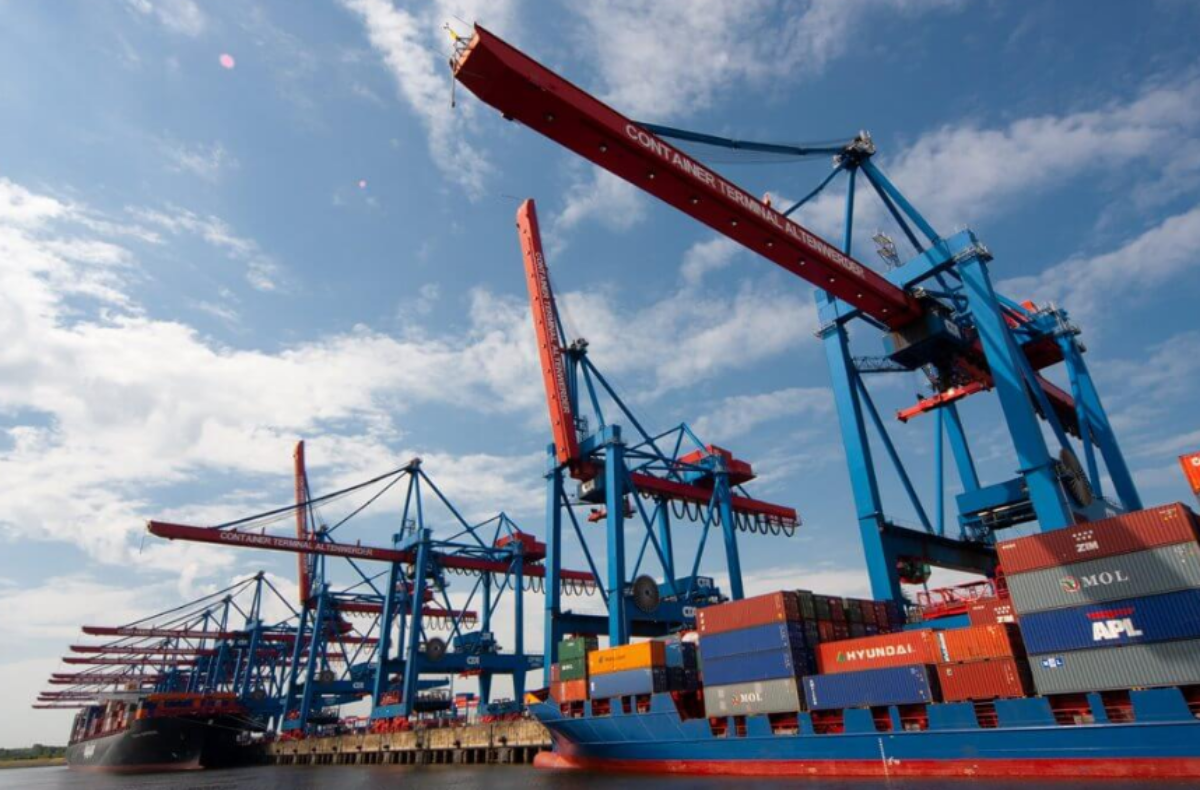Call Us:
+44(0)2039579445
+254 111 81 81 81
Mail Us:
info@tripleafreight.co.uk
Triple A

 Quick service logistics is a rapidly evolving field crucial in the UK’s supply chain management landscape. But what exactly is quick service logistics UK, and why is it so crucial in today’s fast-paced market? Let’s explore its impact on various industries in the UK.
Quick service logistics is a rapidly evolving field crucial in the UK’s supply chain management landscape. But what exactly is quick service logistics UK, and why is it so crucial in today’s fast-paced market? Let’s explore its impact on various industries in the UK. Effective route planning is critical for minimizing delivery times and reducing fuel consumption. Advanced GPS systems and route optimization software can help logistics companies achieve these goals.
Effective route planning is critical for minimizing delivery times and reducing fuel consumption. Advanced GPS systems and route optimization software can help logistics companies achieve these goals.
Comments
Thanks for shening. I read many of your blog posts, cool, your blog is very good. https://www.binance.com/de-CH/register?ref=UM6SMJM3
Highly descriptive article, I liked that bit. Will there be a part 2? https://fortune-glassi.mystrikingly.com/
Thanks for sharing. I read many of your blog posts, cool, your blog is very good.
Esportedasorte… If you’re into esports, give this one a look. Could be your lucky day. esportedasorte
For those into sports betting, oddsplay looks pretty solid. The odds seem competitive and the site’s easy to navigate. Just do your research before you bet, alright? Check out the odds here: oddsplay
Win99? Yeah, I downloaded a few games there. Pretty slick setup. Fast downloads too! Worth trying taigamewin99.